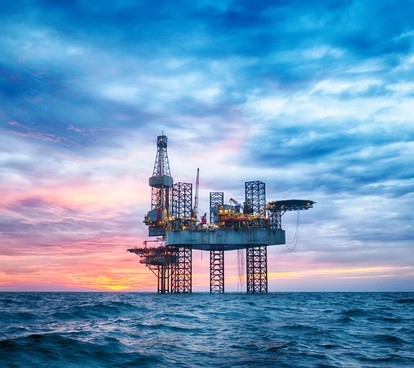Russian oil price cap policy now effective

Russian oil price cap policy now effective
The price cap policy for Russian crude oil became effective on 5 December 2022. This has major implications for service providers involved in the maritime transportation of that product.
The price cap
The price cap has been set at US$60 per barrel by an international coalition. It includes the G7 – USA, UK, France, Germany, Italy, Japan and Canada – plus the European Union and Australia. The $60 price is not necessarily fixed; it can be altered in due course as a reaction to conditions.
The price cap applies to the maritime transportation of Russian crude oil, but does not encompass shipping, freight, customs and insurance costs. The authorities are nevertheless likely to be monitoring those costs to ensure that they are commercially reasonable. If not, it may be an indication that an oil price above the cap is being concealed.
Covered services
The overall policy point is that service providers from the coalition will, generally, not be able to provide ‘covered services’ for maritime transportation if the Russian oil has been purchased at a price above $60/barrel. Those covered services are:
- trading/commodities brokering
- financing
- shipping
- insurance (including reinsurance and protection & indemnity, and related claims payments)
- flagging
- customs brokering
An important exception has been created in ‘financing’ for intermediary banks – they may process, clear and send payments provided they are acting solely as an intermediary with no direct relationship to the service provider for the Russian oil transaction. Foreign exchange transactions and clearing of commodities futures contracts have also been excluded.
By contrast, provision of these services is authorised if the oil price is at or below the cap. This note continues to consider this issue primarily from a US perspective and with regard to US persons, but the model above is essentially being adopted by all members of the price cap coalition.
When does the price cap apply?
The covered services can be provided for Russian oil shipments, regardless of price, that were loaded onto a vessel at the loading port prior to 5 December 2022, as long as they are unloaded at the destination port prior to 12:01 am, EST on 19 January 2023.
The price cap otherwise applies from the point when the Russian crude oil is sold for maritime transportation through to the point of customs clearance at the international destination. It does not apply to any further onshore sale. It will, though, continue to apply if the oil is taken back out to sea without any ‘substantial transformation’ ie being refined or undergoing some other process that causes it to become a new product, having a new name, character and use. Merely blending the crude oil will not be considered a substantial transformation.
Crude oil will not, however, be considered to be of Russian origin solely because it contains a minimal amount of Russian oil left behind in a container or tank – such as an unpumpable amount that cannot be removed from the container without causing damage. Crude oil will also not be considered of Russian origin because it transits through a pipeline located in Russia, if it bears a certificate of origin verifying that it comes from another country.
‘Safe Harbour’ for compliance
In terms of compliance by service providers, a ‘safe harbour’ concept has been introduced. It requires the gathering of certain records and attestations demonstrating that the price cap has been compiled with. If that is done, and the service provider otherwise acts in good faith, then it need not be concerned about inadvertently dealing in Russian oil products purchased above the price cap due to provision of falsified or erroneous external records. The records and attestations must be retained for at least five years.
Exactly what records/attestations have to be obtained depends on where the service provider sits in the supply chain and what functions it is performing:
- those with direct access to price information, such as traders and commodities brokers, will be expected to obtain & retain it through invoices, contracts and receipts
- those without such access, such as shipowners and insurers, should request, obtain and retain a written attestation from their customer/counterparty indicating compliance with the price cap. For insurers, this may be done through sanctions clauses or otherwise new policy clauses indicating that cover is excluded for activities related to the maritime transport of Russian oil purchased above the price cap
- a final ‘tier’ is those service providers who may or may not have direct access to price information in the ordinary course of business: these include financial institutions, ship/vessel agents and customs brokers, for example. Generally, they must obtain and retain price information, when practicable, or obtain & retain customer attestations when not.
If any records/attestations provided indicate an oil price above the cap then, naturally, the service provider should decline involvement. Persons that purchase Russian oil above the price cap and then engage service providers by provision of false pricing information or other deception risk enforcement action by the involved authorities.
A separate price cap will apply to the supply of refined petroleum, which will take effect on 5 February 2023.
For further information, please contact Jonathan Goacher.
